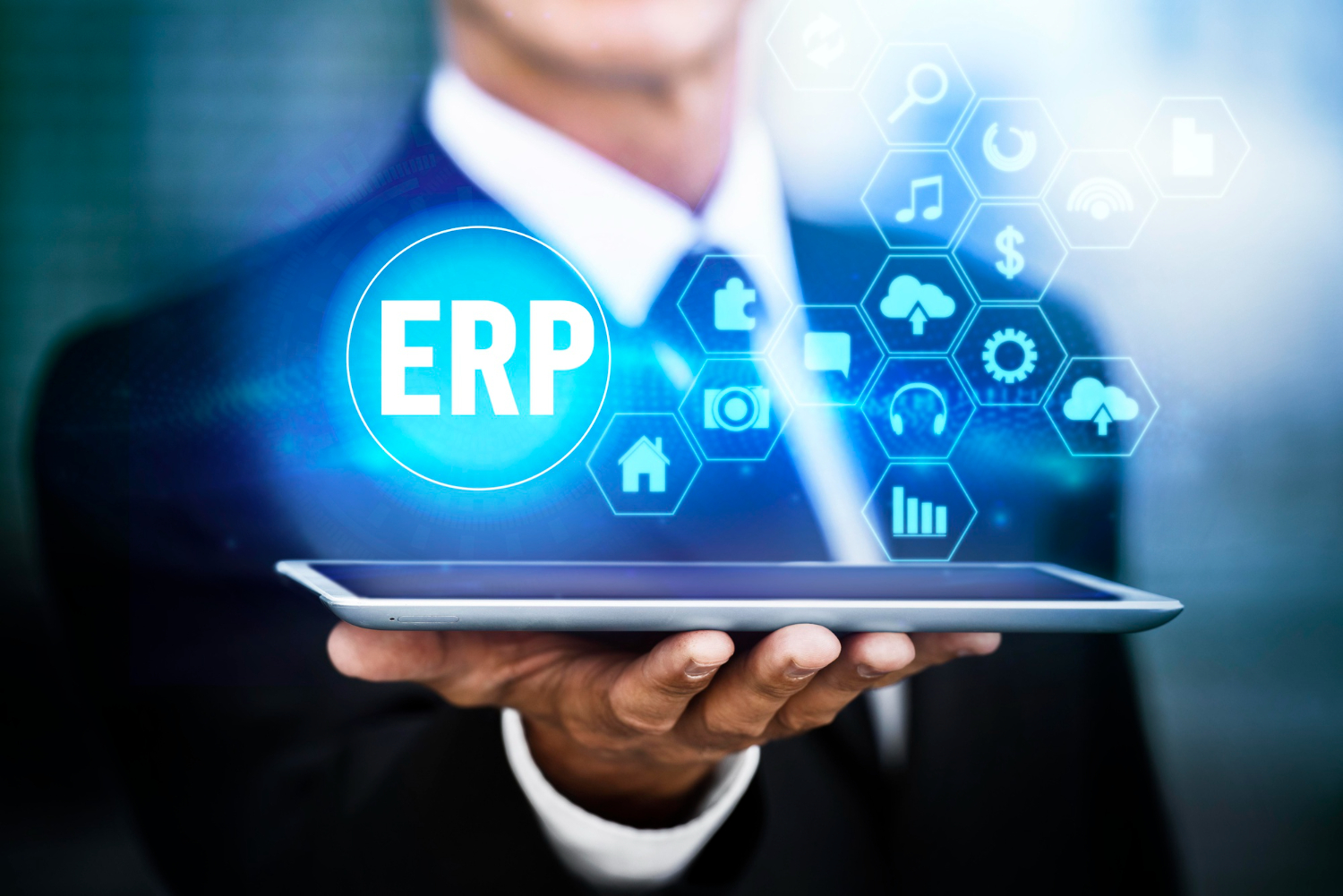Did you know that ERP keeps mission-critical information in one centralized place rather than dispersed throughout multiple departments. This eliminates redundancies, improves accuracy, and enables cross-department projects to progress smoothly and quickly.
Additionally, cloud-based ERP allows employees to access their data on mobile devices from anywhere in the world. This means warehouse managers can check inventory on the factory floor, or salespeople can look at customer statuses from a field office.

Table of Contents
Increased Efficiency Across The Board!
A key advantage of ERP application backups is their centralization of information across departments, enabling all users to access the same real-time data. This eliminates the need to use multiple applications or exchange data between systems, reducing time waste and increasing productivity.
For instance, Acumatica ERP automatically generates documents and reports so everyone can be on the same page. This streamlines collaboration and communication between teams and helps to ensure that all decisions are based on the most up-to-date data.
An ERP system can be deployed in the cloud, on-premises, or as a mobile solution, giving your company flexibility. Cloud deployments are widespread because they allow companies to pay a monthly fee to access an ERP provider’s servers and hardware, reducing IT workload and allowing quicker platform updates.
Increased Productivity to Save Time
The information stored in an ERP system is updated in real time, allowing employees to make business decisions based on up-to-the-minute data. This also means that departments can communicate with each other quickly and easily.
The finance module of an ERP is a powerful tool that manages the general ledger, accounts payable (AP), accounts receivable (AR), and financial reporting. This ensures that the accounting department works with reliable, accurate data and eliminates manual processes.
With the customer experience becoming one of the most important aspects of a company’s success, an ERP can help companies improve their service with personalized sales that induce positive feedback and support quick customer complaint resolutions. This is made possible because all customer information is stored in one place, making it easier for employees to provide a positive customer experience.
Increased Productivity via Automation
With ERP software, redundant processes are automated, and information is centralized for easy access. This eliminates overlapping data, reduces the number of spreadsheets, and generates real-time reports with metrics that help you act more strategically.
Moreover, ERP helps employees understand the big picture by displaying performance measures and goals in one virtual location that everyone can access. This encourages collaboration and improves workflow in every department.
As a result, an ERP system can increase productivity by eliminating time-consuming tasks and allowing employees to focus on other business matters. This can ultimately lead to better customer service and repeat business opportunities. However, implementing and training an ERP solution takes time and effort.
Increased Productivity and Efficiency
ERP software enables businesses to save time on menial tasks so they can focus on other areas that need improvement. This can help them better serve customers, address issues, and grow the business.
Streamlined operations can also help companies reduce costs by eliminating redundant and inefficient processes. This may result in savings on software licenses, infrastructure, and support.
ERP solutions are cloud-based or onsite (depending on the company’s needs). They provide access to real-time information via different devices like laptops, tablets, and smartphones. This helps ensure information is accurate and consistent across departments. This eliminates delays, breaks up information logjams, and allows users to make decisions more quickly based on data.
A key aspect of ERP is its ability to update information in real-time. This makes data more reliable and cuts down on errors.
It also allows decision-makers to have access to all the information they need. That includes all information that other departments are currently managing. This centralized database breaks down departmental walls and helps everyone understand how their work impacts other business areas.
In addition, many modern ERP systems are designed to be mobile-friendly. That means employees can log in to their ERP system from a smartphone or tablet in the field (provided they have an internet connection).


